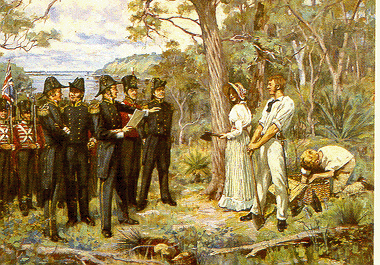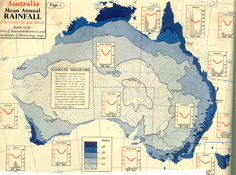1. Not 'On what date did the' but 'about how long ago did the six Australian colonies formally come together as the Australian nation?
2. Who was the first Prime Minister of Australia? (Not multiple choice questions, which have the disadvantage of often muddling respondents up about the alternatives offered, as well as making it easier to guess despite complete ignorance.)
3. Where was the first Australian Parliament held, and why?
4. Why did the Constitutional Conventions of the 1890s disagree about where the federal capital should be, and how did they finally decide?
5. Why did Australia need public servants?
6. What is a 'bicameral legislature', and what form does it take in the Commonwealth Parliament?
7. What is meant by the 'separation of powers' and why is it important?
8. How is the government of the day chosen to govern after an election?
9. Was Australia part of the British Empire when it became a nation at Federation?
10.What was the White Australia Policy and why did it end and about how long ago?
11. About when and where did women first get the vote a) in the world b) in Australia?
12.The 1967 referendum about Aborigines made what changes to the Constitution? (As set it was a 'dates' question.)
13. What are the two animals on the Australian Commonwealth Crest, and why are they there?
14. What proportion of the vote is needed for a constitutional referendum to be passed?
15. What are the main powers of the Commonwealth set out in Section 51 of the Constitution? (as set, asking 'what is Section 51', it is another 'numbers' memory question)
16. What is the system of voting for the House of Representatives, and what is it called - first-past-the-post, preferential or proportional? (ie this question is phrased so that you have to know what the terms mean - which a high proportion of voters do not.)
17. In simple words, what are the roles of the High Court and the Supreme Court?
18. Who were the NSW 'freedom riders' of 1965? (Some students may know of others.)
19. What are the colours of the Aboriginal flag and what do they represent?
20. Who was the first woman elected to an Australian Parliament? Where, and how long ago?
21. The $64,000 Coming-of-age question. Why did the six Australian States come together in one Commonwealth?
22. The 'Australia Fair' question. What does Commonwealth mean?
What was meant when it was first used? Do we really have a Commonwealth today?
|



